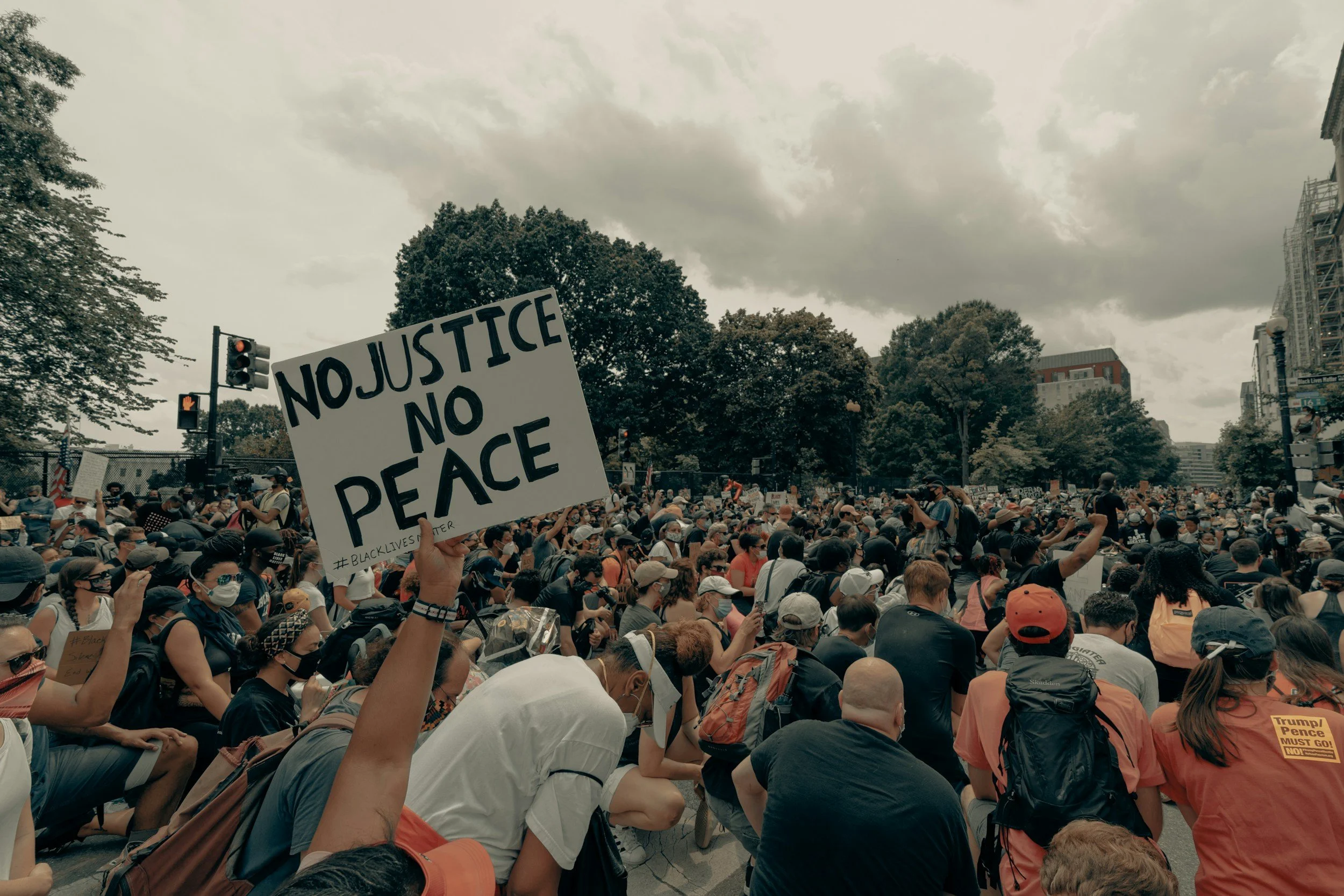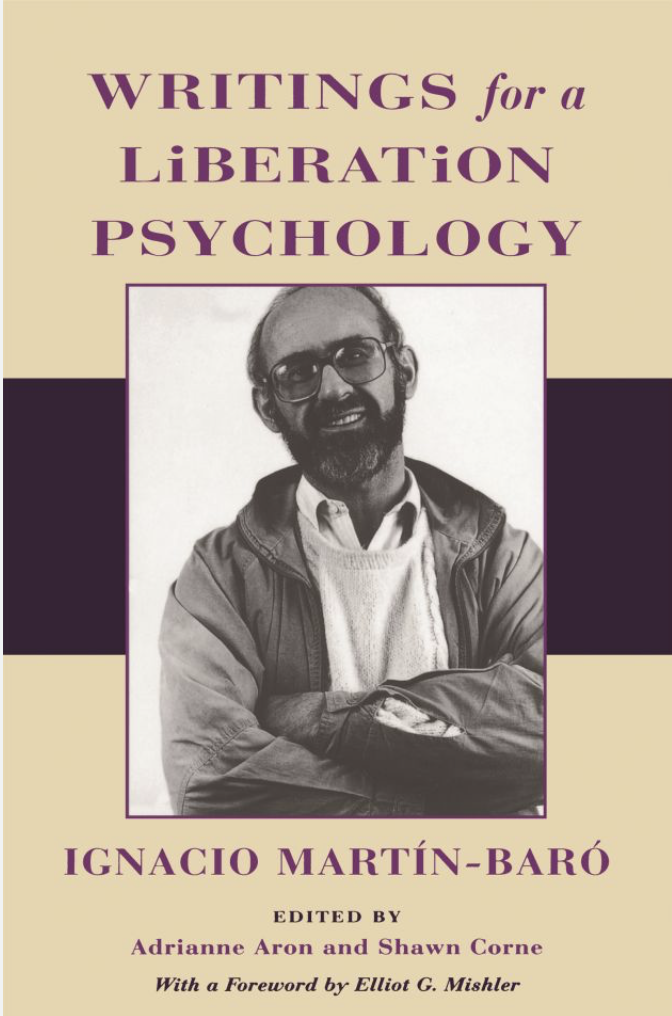3 Liberation Psychology Practices You Can Use Right Now in The Therapy Room
What is Liberation Psychology?
Liberation Psychology was founded in the 1970s by Ignacio Martín-Baró, a psychologist from Latin America who saw major limitations in traditional Western psychology. His critiques were bold, challenging the status quo and calling for a psychology that truly served people, especially those from marginalized and oppressed communities. Liberation Psychology values are foundational to how we practice at ED and OCD Therapy.
Martín-Baró highlighted three key problems with Western psychology:
The myth of neutrality – Psychology was (and still is) deeply entangled with morality, capitalism, and power structures, rather than being purely “objective.”
The false claim of universality – Western theories often ignore the realities of diverse cultures and communities, assuming that one-size-fits-all models apply everywhere.
Societal irrelevance – Too often, psychology fails to acknowledge the very real impact of socio-political forces on mental health and the collective psyche.
His vision was to create a psychology that not only supported individuals but also actively worked against oppression and contributed to collective healing.
Practice 1: Conscientización (Critical Consciousness)
Conscientización is about recognizing the deep connection between a person’s lived experience and the socio-political systems around them. In therapy, this means moving away from blaming folks for their struggles and instead naming the systemic forces at play.
For example, instead of framing disordered eating as a personal failing or simply a biological problem, a therapist might help a client explore how diet culture, fatphobia, and white supremacy have shaped their relationship with food and body image. This practice empowers clients by validating their struggles as not just individual issues but as responses to oppressive systems. This doesn’t ignore the reality that there are some biological and genetic components to Eating Disorders, but rather this practice invites us to zoom out and look at what might be impacting that genetic expression.
Reflection Question: If genes are triggered by the environment, what in the environment is activating the DNA sequence that is leading to eating issues?
Practice 2: Realismo-Crítico (Critical Realism)
Realismo-crítico suggests that problems should guide theory, not the other way around. In other words, the client’s lived experience should take priority over the therapist’s preferred model or “gold standard” approach. People are not monoliths and research (even gold standard) is biased. It’s not that we should throw out research all together or not use gold standard treatments; but rather we should use it with healthy suspicion of how it is/isn’t working for the clients in front of us. At ED & OCD therapy, we often blend and augment evidence based modalities to best suit the client in front of us, versus automatic assumption that therapeutic techniques have universal effectiveness for everyone.
In sum, while evidence-based modalities like CBT or ERP can be helpful, they should never replace the foundation of therapy: relationship, trust, and safety. A liberation-oriented therapist adapts theories creatively, ensuring that treatment meets the unique and complex needs of each client rather than forcing them to fit into a rigid framework.
Practice 3: De-Ideologizing Reality
One of the central goals of liberation psychology is to help people see the world as it really is, free from the dominant ideologies that keep oppression in place.
In therapy, this could mean examining how harmful cultural messages, such as “thinness equals health” or “productivity determines worth”, have been internalized. By naming and deconstructing these ideologies, clients can begin to embrace beliefs that truly serve their own well-being and liberation. This helps reduce shame, creates distance from harmful cultural narratives, and boosts agency in defining our own worth.
In the context of eating disorder care, this practice often looks like supporting clients in unlearning unrealistic body ideals and embracing body diversity as the norm. One of my favorite interventions to use with clients related to this is having them curate their social media feed to represent diverse bodies. Bodies of all sizes, shapes, abilities and colors. Often times, we don’t even realize that our ‘for you page’ is reflective of body ideals. Hint: the algorithm prioritizes content that reflects body ideals (major ick, not because anyone’s body is bad, but because promoting any body as THE ideal is harmful). It takes intention to shift the algorithm. But when we do, research shows that it helps us see our own unique body differences as acceptable, and not something to change.
Reflection & Gratitude
Ignacio Martín-Baró paid the ultimate price for his radical work. Devastatingly, he was assassinated for his commitment to truth and justice. His legacy, however, continues to inspire. Psychologists such as Adriane Aron and Shawn Corne have carried forward his vision, helping to build the foundation for liberation psychology as we know it today. Their contributions remind us that therapy can be more than symptom reduction, it can be a tool for empowerment, resistance, and healing.
A Call to Action
Liberation psychology challenges us to rethink therapy: as a pathway toward both personal and collective freedom. If you’re a therapist, consider how you can integrate these practices into your work. If you’re someone seeking therapy, know that you deserve care that acknowledges the systems impacting your mental health while honoring your resilience and humanity.
If you’re curious about how liberation psychology might support your own healing journey, I’d love to connect. Reach out to my team to learn more about beginning therapy with a liberation-focused, anti-oppression approach.
References for more learning:
Dykstra, W. (2014). Liberation psychology – a history for the future. The Psychologist, 27, 888–891.British Psychological Society
Heitz, H. (2022, October). Without liberation psychology, therapy reinforces the status quo. Mad in America.madinamerica.com
Martín-Baró, I. (1994). Writings for a liberation psychology (A. Aron & S. Corne, Eds.). Harvard University Press.


